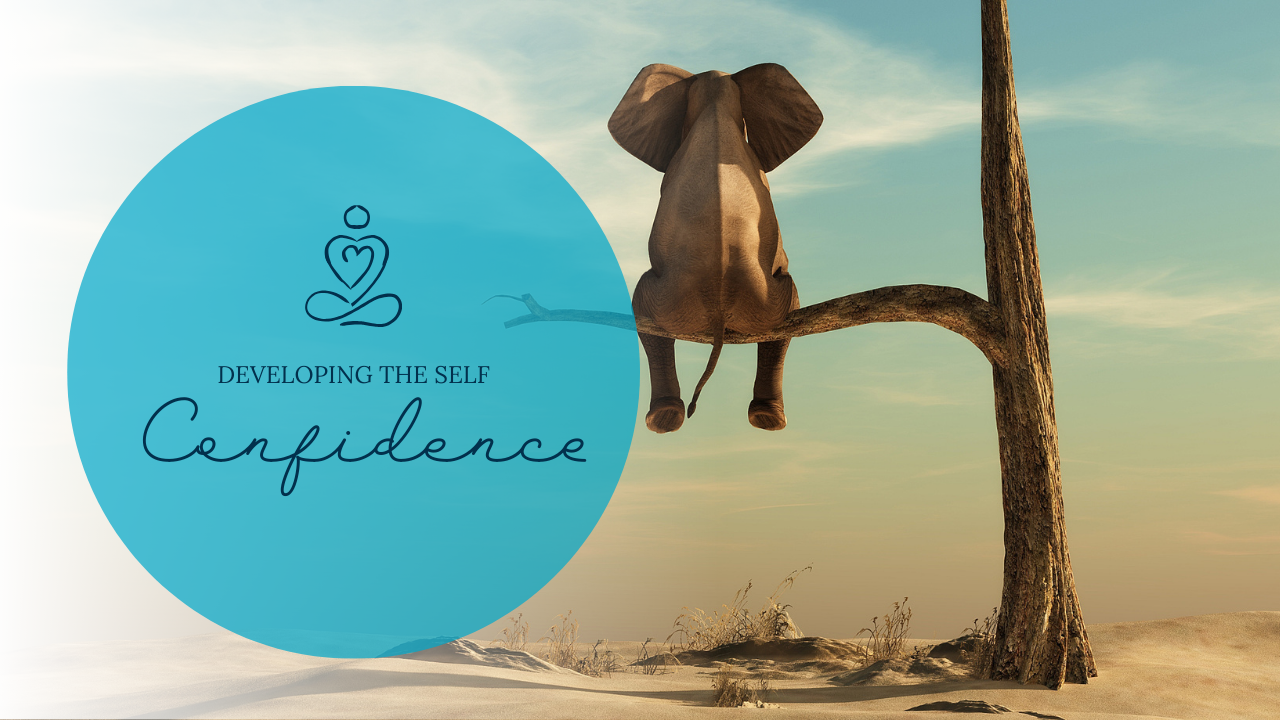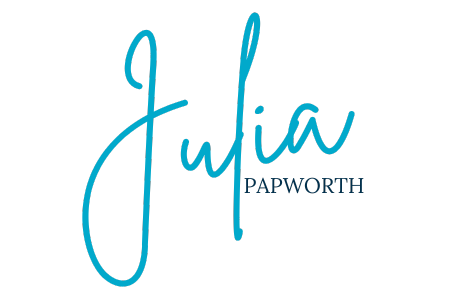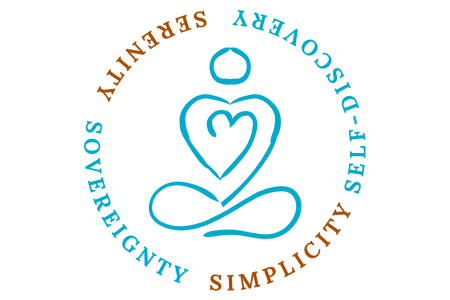
This post explores what confidence is, how a lack of it shows up and a beginning invitation to think about nurturing confidence.
Confidence refers to a belief in oneself, one's abilities, and one's worth. It is a state of assurance and self-assurance; a feeling that one can have faith in, or rely on themselves, someone, or something. Confidence is a complex psychological construct influenced by various factors, and it can fluctuate over time and in different contexts.
The Oxford Dictionary definition of confidence suggests it is "the feeling or belief that one can have faith in or rely on someone or something" and I would argue that the someone includes you Self - to have faith in your Self
The psychology of confidence is a fascinating area of study that explores the thoughts, feelings, and behaviours associated with self-assurance and belief in one's abilities. Confidence plays a significant role in various aspects of our lives, including personal relationships, academic and professional success, and overall well-being
It is common for people to attribute confidence to who they are as a person, at the level of their self-identity; " I need to work on my confidence", "I don't have any confidence" and "I wish I had some confidence"
Oftentimes there is a generalised sense of lacking confidence in the 'self' and tasks one needs to perform; there maybe a sense of inability to be successful, or a sense of inferiority, frightened to fail or lack of coping when the pressure to succeed is perceived as too high
When confidence is positively balanced there is a felt sense of an ability to persevere under challenging times, to keep on trying even in the face of failure, where one can take risks and try again, being able to demonstrate focus and intention in action.
From an Internal Family Systems perspective (IFS) the state of confidence is considered one of the 8 C's of Self. In the IFS model the Self is the central or core aspect of a person that is always stable and present and confidence in the process of IFS therapy is in one's ability to navigate the internal world successfully.

Nurturing confidence.
Building and maintaining confidence often involves a combination of personal effort, self-reflection, learning from past experiences, seeking support from others, and developing a practice of positive intention; may include self-compassion, affirmations, physical movement, journalling.
Confidence is not something one can 'fix', but more something to nurture. Fixing suggests to the psyche there is something faulty or wrong. Nurturing suggests that potential is present and with the right psychological, physical and emotional environment, this can be developed and grow.
Working with the body is a bottom-up way of learning to listen to the signs the body gives:
- Awareness - learning to listen - how is you body telling you that you do not feel confident?
Feelings in the gut? Sickness, icky feeling, butterflies
Breathing rate? Breathing high in the chest, shallow, holding the breath
Heart rate changes? Fluttering feeling, increase, decrease
Tension in the muscles? Which muscles? Neck, shoulders, legs, fists
Emotions? Edgy, angry, anxious, brain fog, despondent, hopeless, hyper-focussed
Behaviours? Want to run away, switch-off, be distracted, scroll, talk, exercise, eat
Mind chatter? What is you mind telling you - listen into the chatter
- Registering this body response as a base-line
You could journal this out to become familiar with body response patterns over time. For example knowing how confidence is embodied, to practice this sensation and anchor it into the system
These feelings could be generated from a part of you that learned and developed to keep you safe at some level (historically) and is activated in the here and now, possibly practiced for a long time
- Acceptance - this is how you feel in this moment - this is 'what is'
No need to analyse, just observe, notice and accept that your body is communicating all these sensations. What is needed to do is learn how to support the body in developing improved sensations, emotions and thoughts. To learn how to create a different STATE.
- Immediate support ideas - each are explained in more detail in the membership programme
Using Bach flower remedies on a daily, weekly basis
Learning breath-work techniques to develop calmness in the body
Developing a yoga practice to support the body in self-regulation, mind-chatter, breathing and focus
Therapy to work on some of the deeper underlying causal factors and build inner-resources
Coaching for developing confidence in specific settings such as work
References:
I try to keep many of the references using journals to 'open access' so that readers have the choice of reading further if they wish to, however some are behind publisher paywalls, which I can access being part of a University, but the public cannot. Other references are books and occasionally web-links.
Blake, A. (2018) Your body is your brain: Leverage your somatic intelligence to find purpose, build resilience, deepen relationships and lead more powerfully. United States of America: Trokay Press.
Schwartz, R.C. (2021) No bad parts: Healing trauma and restoring wholeness with the internal family systems model. Boulder, CO: Sounds True.

